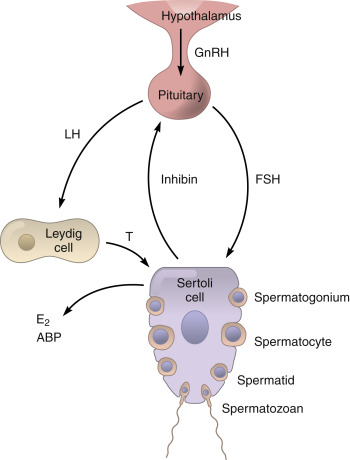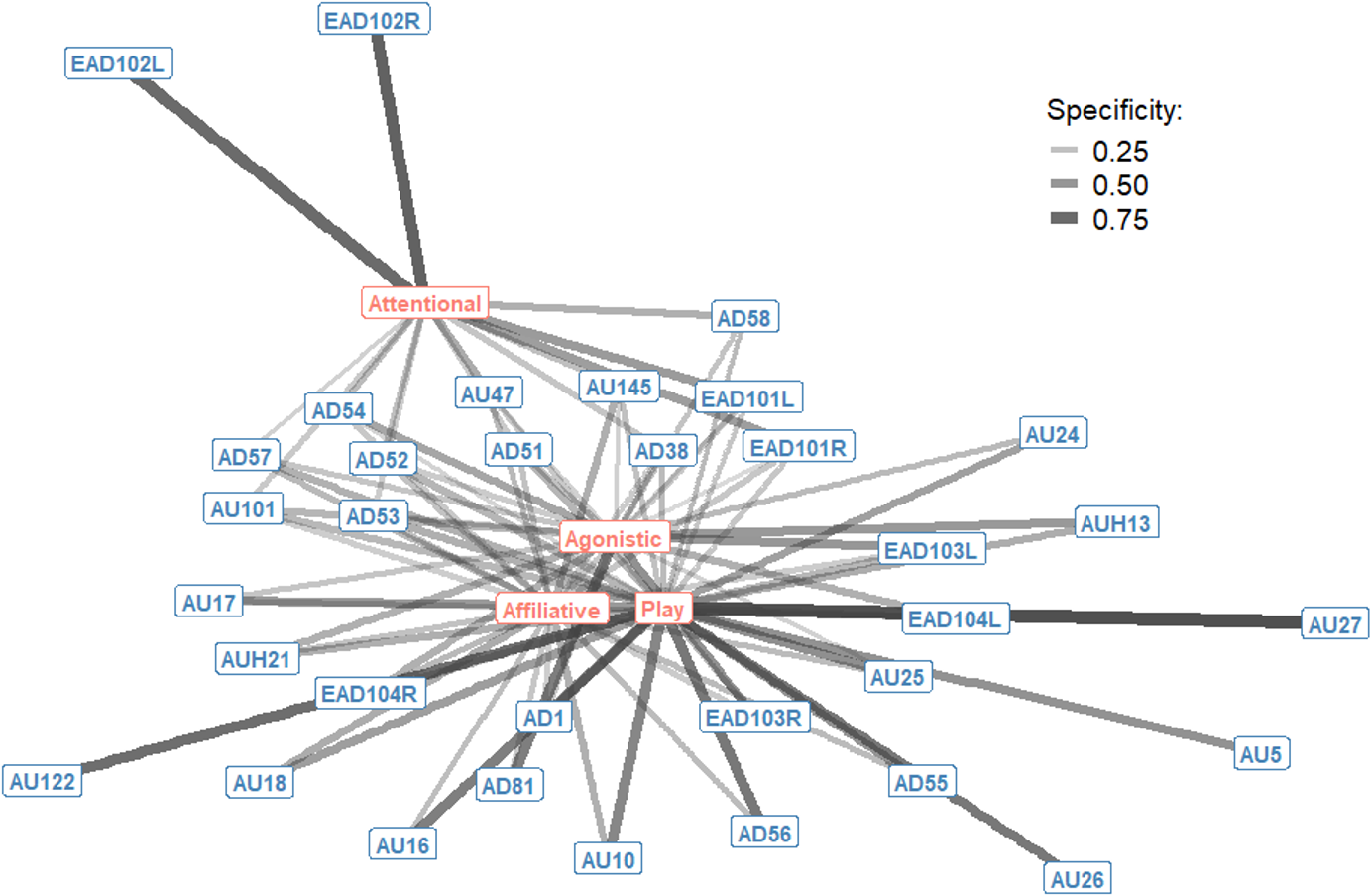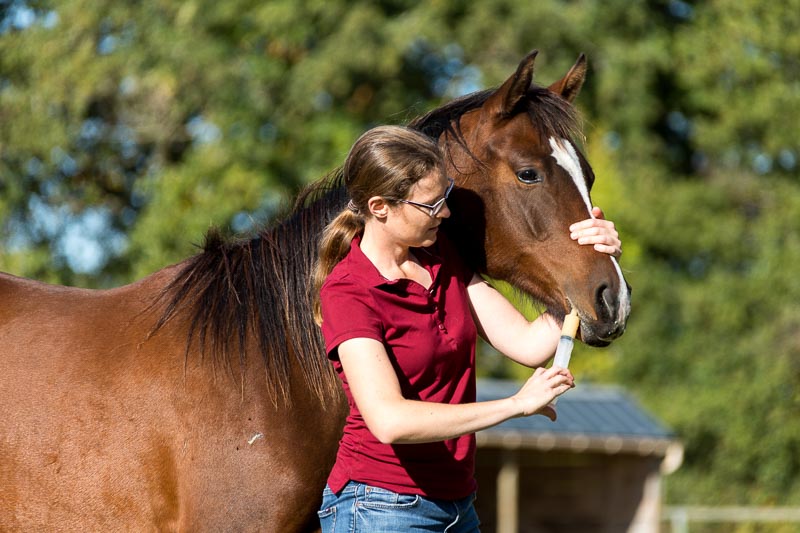Young Horse Development in Racing: A Comprehensive Guide

Developing young horses for racing is a meticulous process that combines science, experience, and patience. This article explores the key stages of young horse development, training techniques, nutrition, and health management to optimize performance and longevity in the racing industry.
Table of Contents

- Introduction to Young Horse Development
- Early Growth and Physical Development
- Training Phases for Young Racehorses
- Nutrition and Diet Considerations
- Health and Veterinary Care
- Common Challenges and Solutions
- Frequently Asked Questions (FAQ)
1. Introduction to Young Horse Development
Young horses, often referred to as yearlings or two-year-olds, undergo critical developmental stages that influence their future racing capabilities. Proper management during these stages can prevent injuries and enhance athletic potential.
2. Early Growth and Physical Development
Young horses experience rapid growth in their first two years. Key aspects include:
- Skeletal Development: Bones grow and strengthen, requiring balanced exercise to promote healthy joint and bone formation.
- Muscle Development: Gradual conditioning helps build muscle mass without overexertion.
- Neurological Maturity: Coordination and reflexes improve, essential for racing agility.
| Age (Months) | Developmental Milestones | Training Focus |
|---|---|---|
| 0-6 | Basic motor skills, socialization | Gentle handling, pasture time |
| 6-12 | Bone density increases | Introduction to light exercise |
| 12-24 | Muscle and endurance development | Structured training begins |
3. Training Phases for Young Racehorses
Training young horses involves progressive stages:
- Foundation Training: Teaching basic commands, leading, and lunging.
- Conditioning: Building stamina through controlled workouts.
- Speed Work: Introducing sprint exercises to develop fast-twitch muscles.
- Race Preparation: Simulating race conditions and mental readiness.
4. Nutrition and Diet Considerations
Proper nutrition supports growth and energy demands:
- Balanced Diet: High-quality forage, grains, and supplements.
- Protein: Essential for muscle repair and growth.
- Vitamins and Minerals: Calcium and phosphorus for bones, antioxidants for recovery.
- Hydration: Maintaining fluid balance during training.
5. Health and Veterinary Care
Regular health checks are vital:
- Vaccinations and Deworming: Prevent diseases and parasites.
- Injury Prevention: Monitoring for signs of stress or lameness.
- Dental Care: Ensuring proper chewing and digestion.
- Hoof Care: Regular trimming and shoeing to support performance.
6. Common Challenges and Solutions
- Growth Plate Injuries: Avoid excessive early training intensity.
- Respiratory Issues: Maintain clean stabling and monitor air quality.
- Behavioral Problems: Use positive reinforcement and consistent routines.
7. Frequently Asked Questions (FAQ)
Q1: At what age should training begin?
A: Light training can start around 6-12 months, with more structured training at 12-24 months.
Q2: How important is nutrition in young horse development?
A: Nutrition is critical; it supports growth, energy, and recovery.
Q3: What are signs of overtraining?
A: Fatigue, decreased performance, and behavioral changes indicate overtraining.
Q4: How often should veterinary check-ups occur?
A: At least every 3-6 months, or as recommended by a vet.
By understanding and applying these principles, trainers and owners can foster the healthy development of young racehorses, setting the foundation for successful racing careers.
